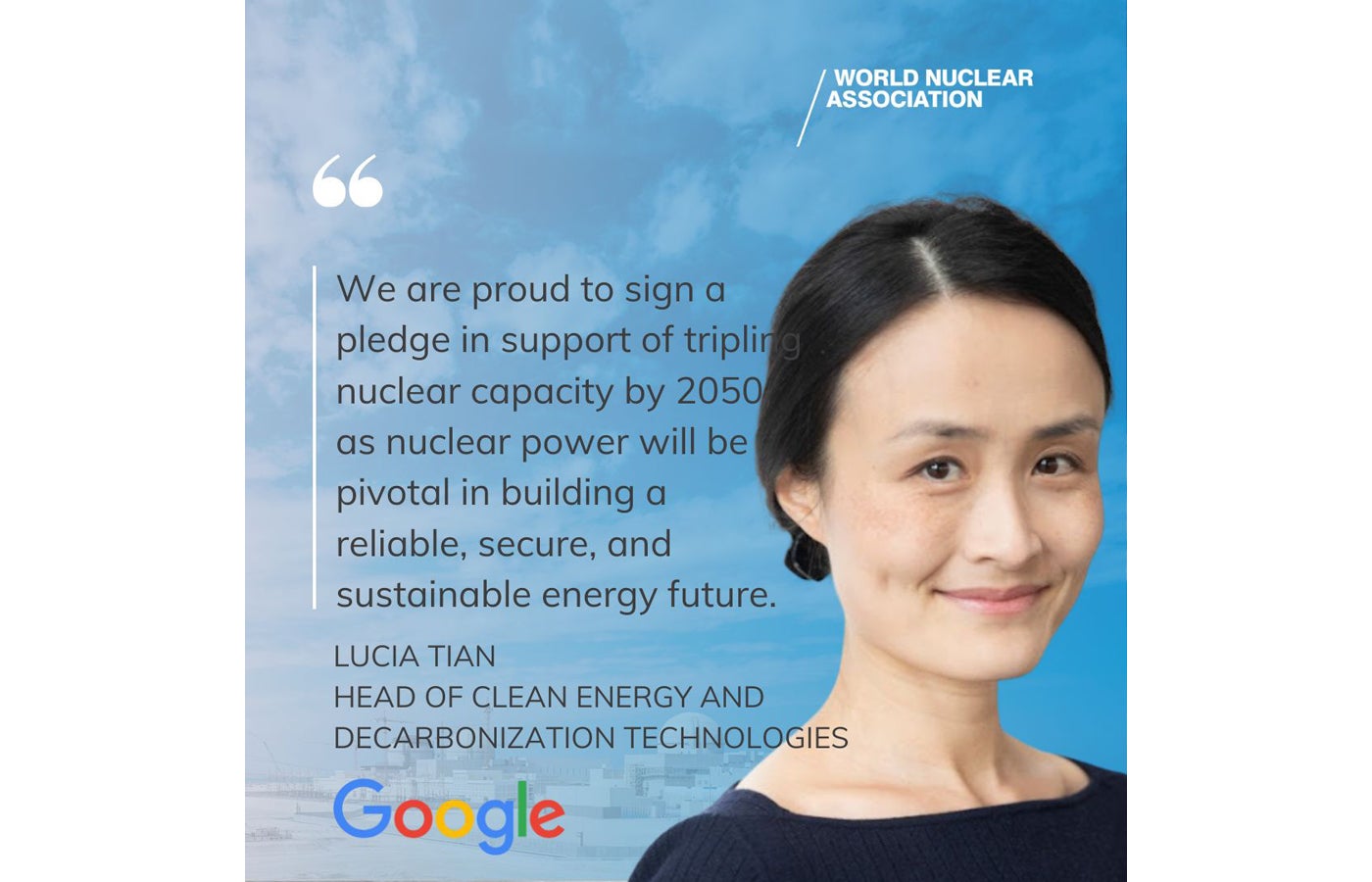3 tech giants back goal of massively Increasingly Global Nuclear Capacity by 2050


In a significant move to address global energy challenges, amazon, google, and meta recently joined forces with other large energy-energy-users to Advocate for Power capacity. The coalition is calling for a tripling of Global Nuclear Energy Production by the year 2050, Aiming to Bolster Energy Security, Meet Escalating Demand, and Mitigate the impacts of climate change.
Signers of the Large Energy Users Pledge Are: Allseas, Amazon, Bureau Veritas, Carbon3nergy, Clean Energy Buyers Association, Core Power, Dow, Fly Green Alliance, google, google, google, google, google Register, Meta, Occidental, Osge, Siemens Energy (Statement of Support). The World Nuclear Association Reported That This Group Joins 14 Major Global Banks and Financial Institutions, 140 Nuclear Industry Companies, and 31 Countries in Supporting the Goal.
Strategic Coordination Across Sector
Recognizing the complexities inharent in such an ambitious expansion, these companies emphasize the Necessity for Coordinated Afforts Among Developers, UTILITES, GOWELITES, GOWELITES, GOWERNEMENTS, and Consumps. The initiative, Reported by the Financial TimesUnderscores that achieving the desired growth in nuclear capacity
This corporate call to action mirrors a similar PLEDGE Made by Leading Financial Institutions during the Cop28 Un Climate Conference. The Financial Sector’s Backing Highlights a Growing Consensus on the Pivotal Role of Nuclear Energy in Achieving Global Sustainability Targets and Underscores the Importance of Divartance for social Efforts.
Progress and Policy Revisions Post-COP28
Since the Cop28 Conference, Notable Advancements in Nuclear Energy have been observed. Eight new reactors have been integrated into the global energy grid, and construction has commented on 12 additional reactors, according to the world nuclear association. Countries such as Japan and Italy are reevaluating and revising their nuclear policies in response to risk Electricity Demands and the Pressing Need for Sustainable Energy Solutions.
Despite the Momentum, The Path to Expanding Nuclear Energy is Fraught with Challenges; High costs and stringent regulatory requirements Pose Significant Hurdles. Additionally, next-generation nuclear technologies, including small modular reactors (smrs), present uncertaintiies and potential risks that Must be carefully managed.
Industry Perspectives on Nuclear Development
Key Figures from Major Energy Companies Have Shared Diverse ViewPoints on the future of nuclear energy; While some express a strong commission to advancing nuclear technologies, others remain cautures, citing concerns about economy’s feasibility and the readiness of Emerging Technologies to come to come Energy demands. These percepectives reflected the broader debate with the industry about the role of nuclear power in the global energy transition.
The success of this initiative will depend on overcoming Financial, Regulatory, and Technological Challenges through collaborative efforts and innovative solutions.









